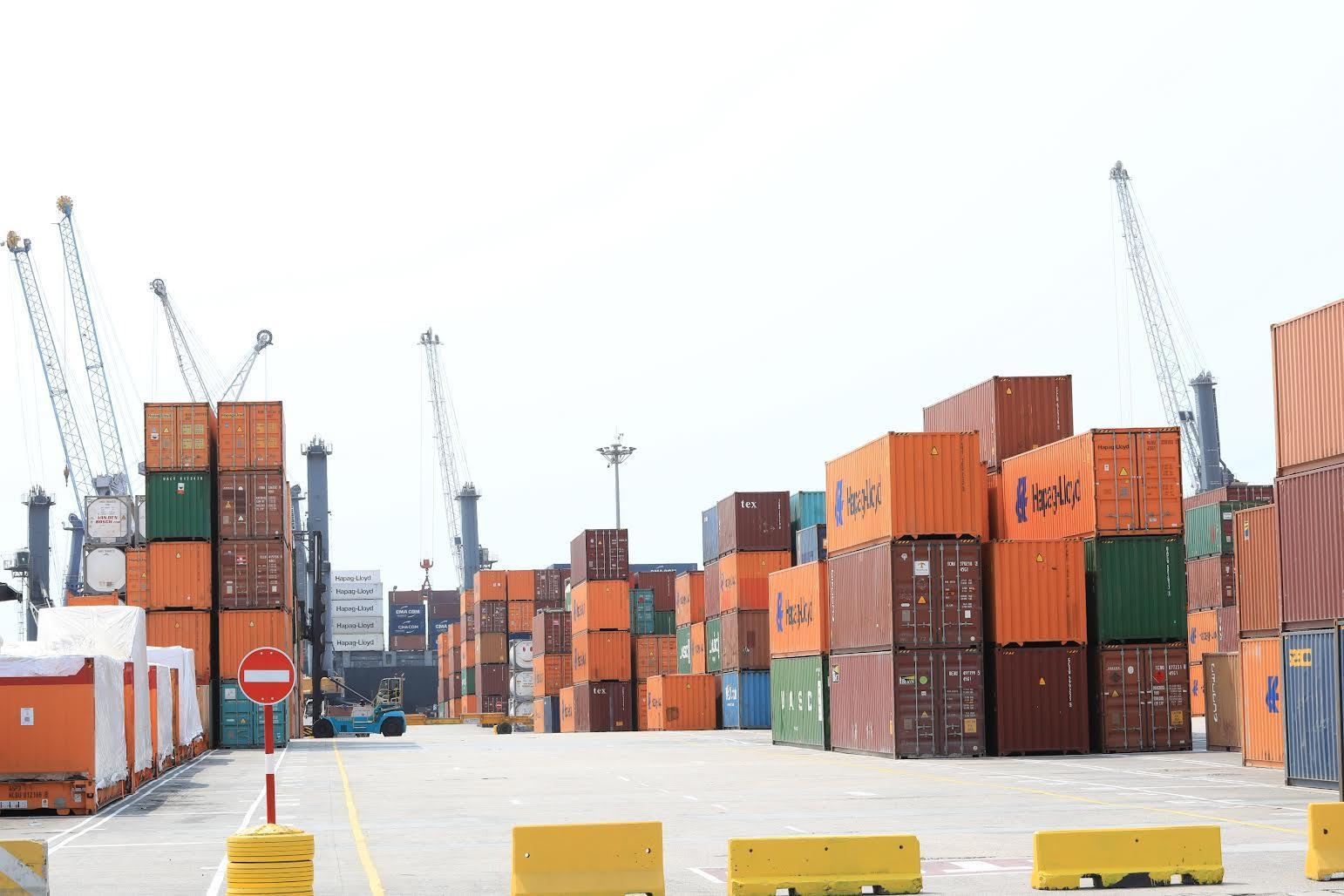Africa-Press – Ghana. The Rubber Processors Association of Ghana (RUPAG) has commended the government for its decision to restrict the export of raw rubber under the Feed the Industry Programme as announced in the 2026 Budget Statement.
A statement signed by the General Secretary of the Association, said for over a decade, the export of raw rubber had increased significantly, and had diverted essential raw materials away from domestic processors.
It added that the practice had also weakened factory operations, led to job losses, threatened the sustainability of out grower financing schemes, and contributed to substantial foreign-exchange leakages.
The statement said: “Given these impacts, the policy direction outlined in the 2026 Budget represents a critical and timely intervention necessary to protect the domestic industry and realign the natural rubber value chain with Ghana’s long-term national development objectives, particularly the Feed the Industry Programme.”
It noted that the restriction on the export of raw rubber was anticipated to bolster industrial growth by ensuring the continued availability of raw materials to domestic processors, adding that the measure would enable factories to operate at higher capacities so the country could maximise the economic benefits derived from value addition.
“The Association recognises the new policy as clear evidence that the government has considered long-standing concerns raised by stakeholders across the rubber industry.
“The decision marks a turning point for the sector and aligns with ongoing efforts to strengthen Ghana’s broader industrialisation and value-addition agenda,” it said.
The statement reaffirmed RUPAG’s commitment to collaborate with the government and all relevant stakeholders to ensure the seamless and effective implementation of this policy.
It said in alignment with the policy directives, the Association would work closely with the government to develop and execute a comprehensive programme aimed at increasing national raw rubber production from the current 100,000 tons of dry rubber to 250,000 tons by 2035.
The Association, thus, commended the government for taking this historic and forward-looking decision, and said it represented a major step towards Ghana’s industrialisation drive, the sustainability of rural livelihoods, and national economic growth.
For More News And Analysis About Ghana Follow Africa-Press







